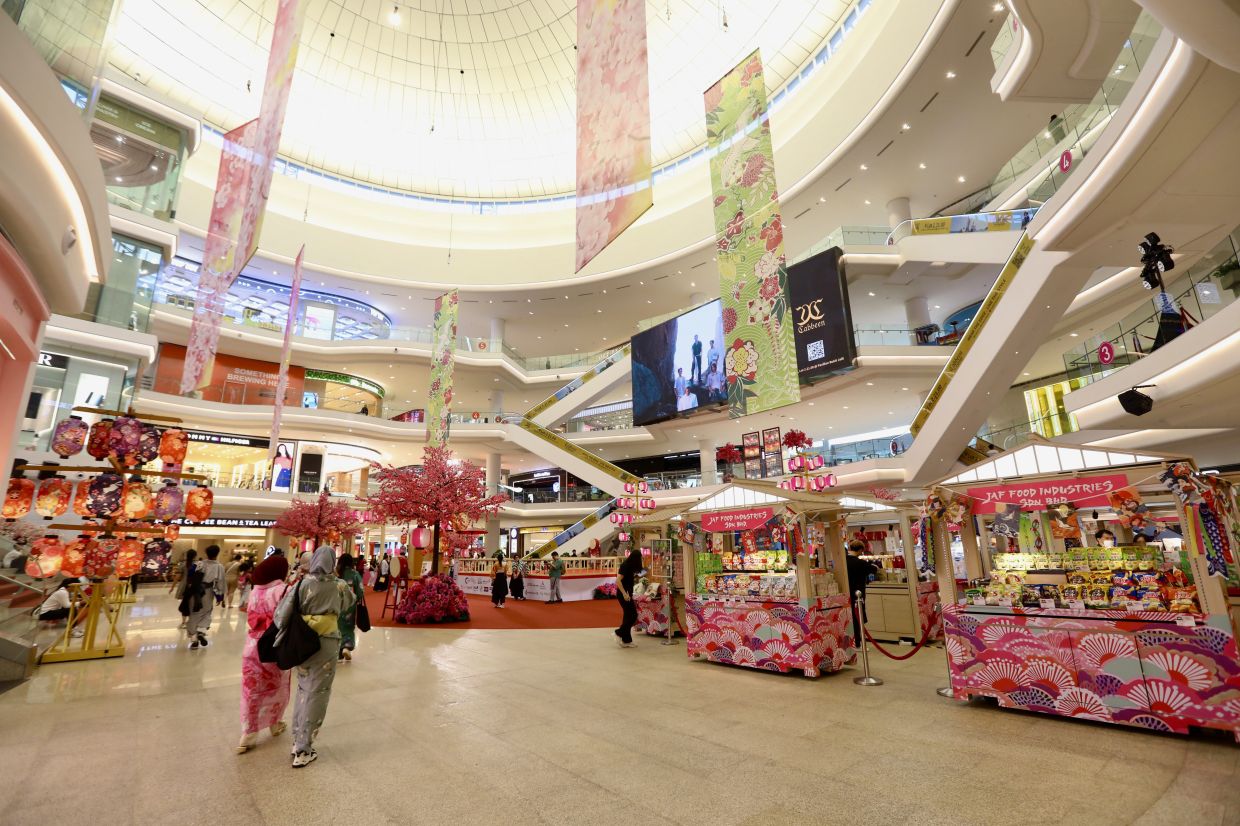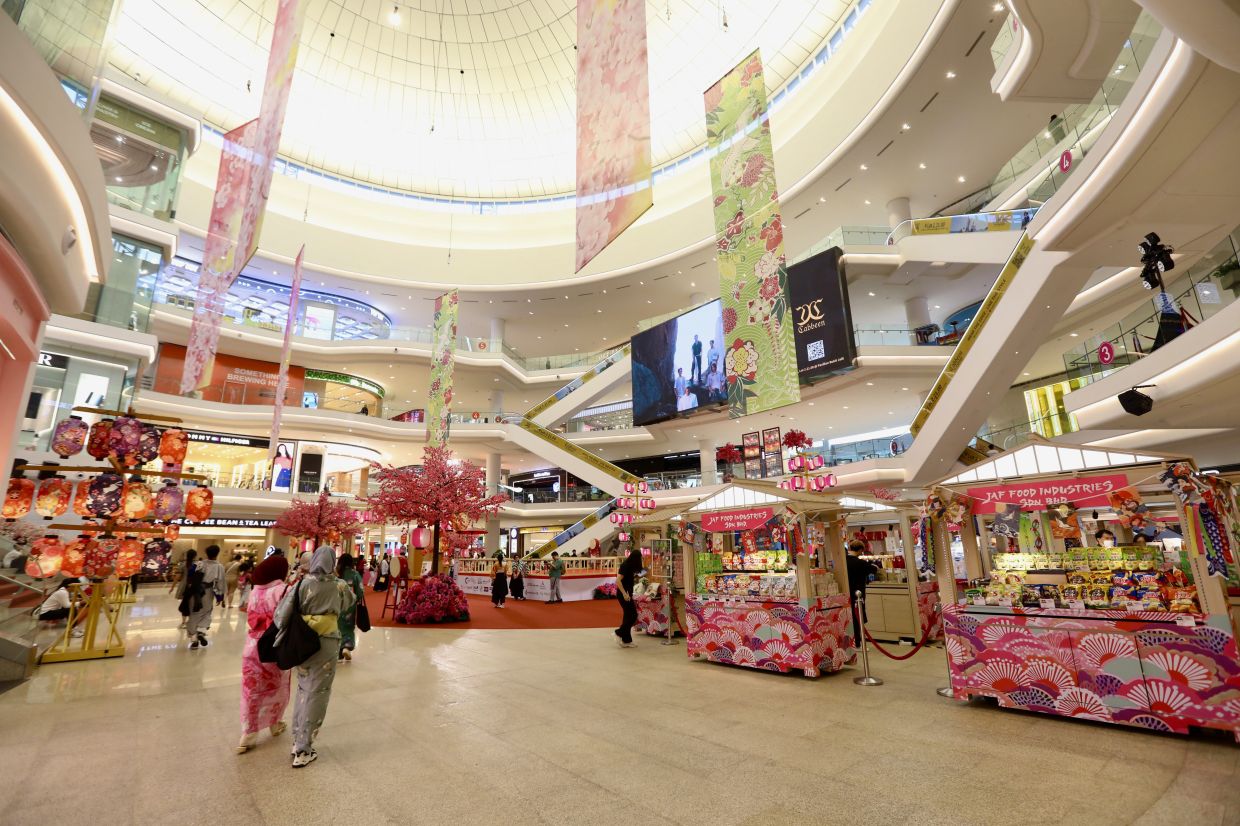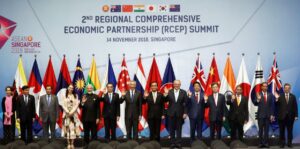
THE Malaysia Retail Chain Association (MRCA) and the Malaysia Shopping Malls Association (PPKM) have urged the government—ahead of Budget 2026—to phase in the Service Tax (SST) on rental and leasing by reducing the rate to 4% in 2026 and gradually increasing it to 8% over the next decade.
In a joint statement, the two associations emphasised that a calibrated approach is essential to give businesses and consumers sufficient time to adapt, while still allowing the government to meet its fiscal goals in line with sustainable growth and shared prosperity.
They also urged the government to reduce the SST on construction works from 6% to 3%, noting that refurbishment every two to three years is a compulsory requirement under tenancy agreements and represents a major expense for retailers.
Lowering this tax, they argued, would ease the burden on businesses while ensuring that malls remain attractive, competitive, and ready to welcome international visitors for Visit Malaysia 2026.
The financial impact of the SST on tenancy is expected to be significant. A recent survey conducted by PPKM shows that with average rentals of RM7 to RM8 per square foot per month, and a nationwide net lettable area of 196.2 million sq ft, Malaysian retailers are expected to face an additional RM1.3bil to RM1.5bil in taxes each year.
By comparison, normal rent increases average about 5% every two to three years. The 8% SST is immediate and nearly doubles this pace, creating a sudden cost shock that fundamentally changes the economics of operating in Malaysian malls.
They also recommended clearer guidance on taxable components and ongoing monitoring of inflationary impacts to ensure that the policy supports fiscal objectives while safeguarding the long-term health of the retail ecosystem.
MRCA and PPKM pointed out that for retailers, the new 8% SST comes on top of rising staff expenses.
These include the higher minimum wage of RM1,700 implemented in February this year, mandatory EPF contributions for foreign workers starting October 2025, and the increase in the EIS/SOCSO wage ceiling from RM5,000 to RM6,000 since last year.
US tariff measures on selected imports are also expected to push up the cost of goods such as apparel, food ingredients and electronics.
These pressures, they stressed, are squeezing profit margins, dampening growth plans, and could even reduce corporate tax contributions over time.
For mall operators, the new SST is estimated to add 15 to 18% to current operating costs, while a PPKM–Stratos Pinnacle survey already indicates a 27% gap between operating expenses and recoverable charges.
Both associations noted that operators may have little choice but to reduce tenant incentives, delay capital improvements, or pass costs onto tenants, raising risks to tenant retention, mall competitiveness, and the long-term vibrancy of the retail sector.
Consumers are also likely to bear the burden if costs are passed on. The additional RM1.3 to RM1.5bil in taxes represents about 0.2–0.4% of Malaysia’s total retail sales of RM764.9bil in 2024, pointing to upward pressure on prices.
While reiterating support for the government’s fiscal objectives, MRCA and PPKM stressed that new measures must remain aligned with the Madani vision of sustainability, inclusivity, and the well-being of the rakyat.
They believe that a phased and balanced approach under Budget 2026 will help safeguard Malaysia’s retail competitiveness, protect jobs, preserve consumer purchasing power, and ensure growth is achieved in a fair and sustainable manner.






